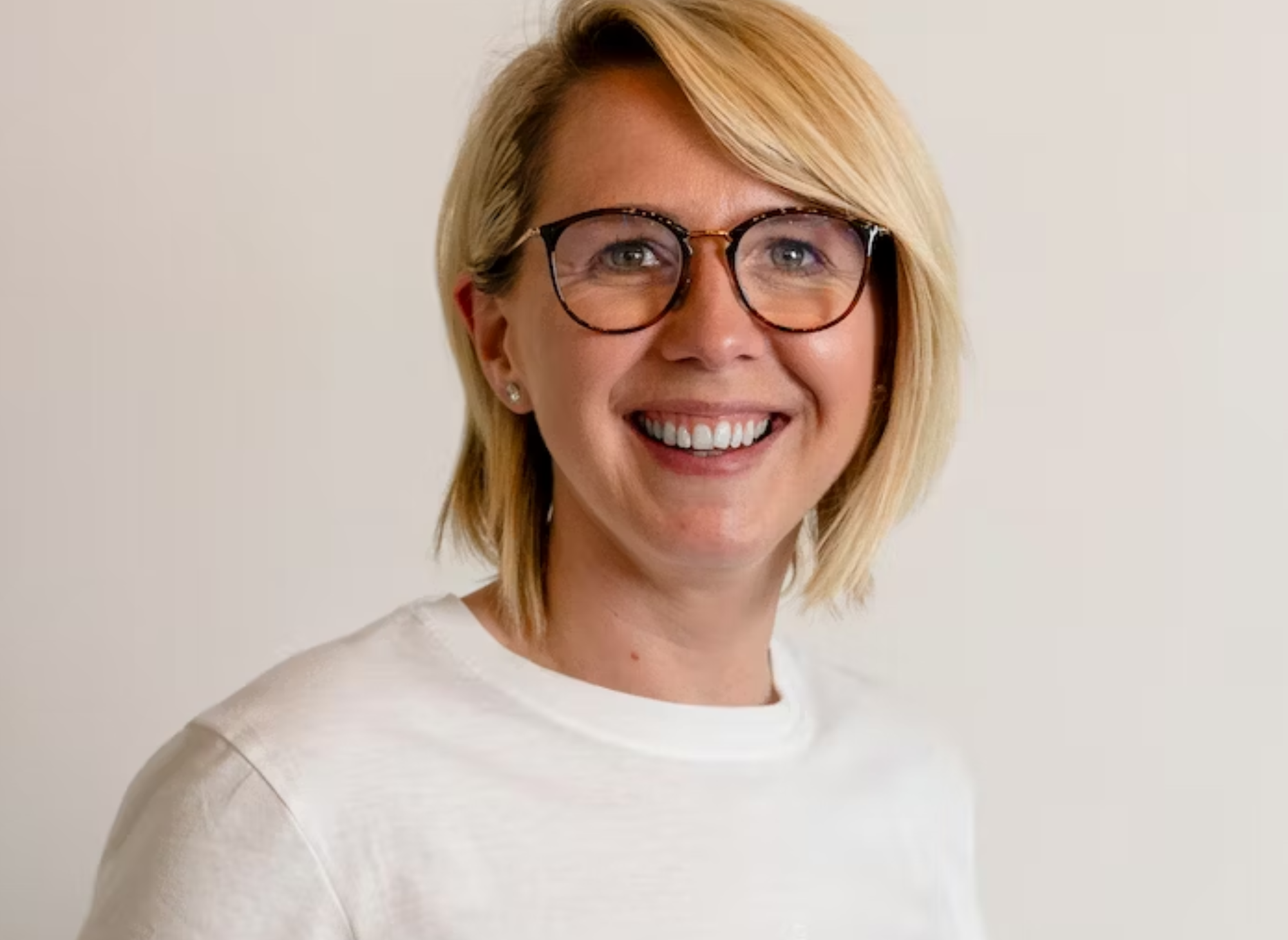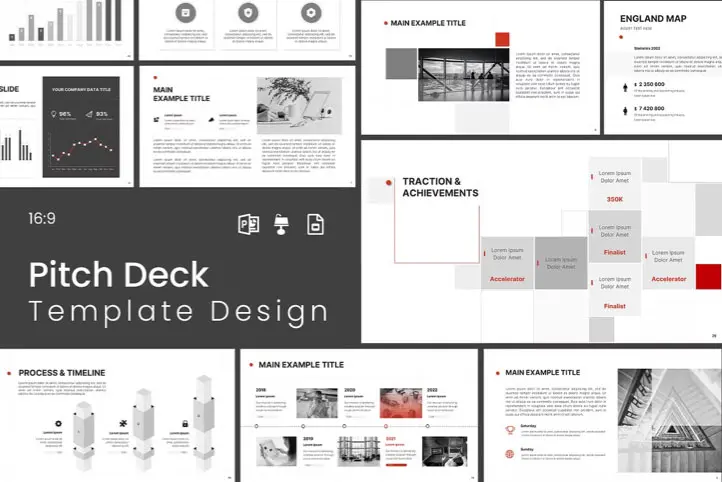Matthew Scullion, founder and CEO of Matillion, shares his story and insights for scaling any type of business globally. Discover tips, tools and anecdotal learnings from a tech unicorn.

Chris Green, CEO of Xapien, shares insights on how AI is transforming business intelligence and risk management. Discover how dynamic due diligence is replacing traditional manual processes, allowing businesses to make smarter, faster decisions when evaluating third parties, suppliers, and investments.

WorkBuzz Founder & CEO Steve Frost shares expert insights on how fast-growing businesses can create a high-performance culture through employee feedback.

Find out how Think Hire formed strategic partnerships to power economically viable and environmentally responsible growth.

Matthew Scullion, founder and CEO of Matillion, shares his story and insights for scaling any type of business globally. Discover tips, tools and anecdotal learnings from a tech unicorn.

A well-prepared board pack serves as the cornerstone for driving strategic discussions and propelling organisational performance. Yet, the quality of these packs can vary significantly, influencing whether a board meeting serves as a productive session for steering business strategy or merely a routine check-in to appease stakeholders.















